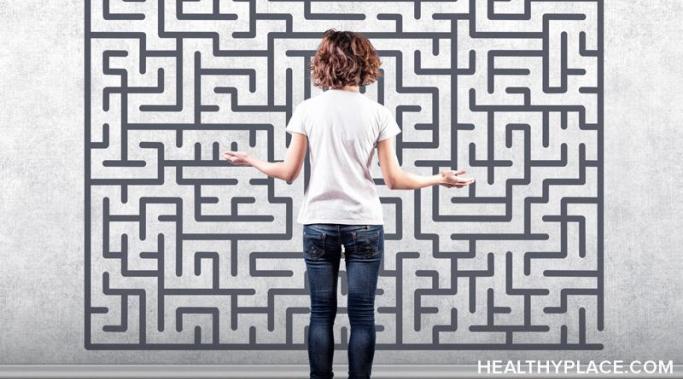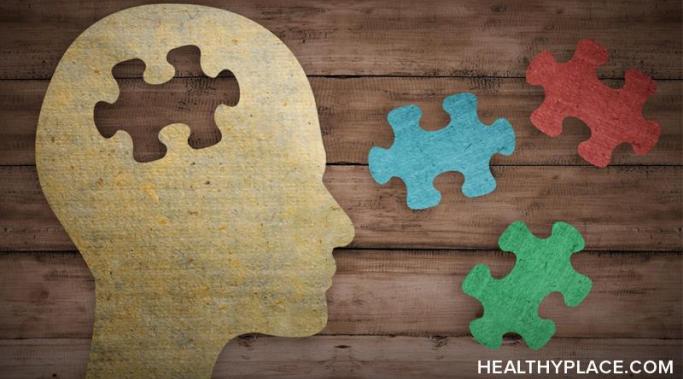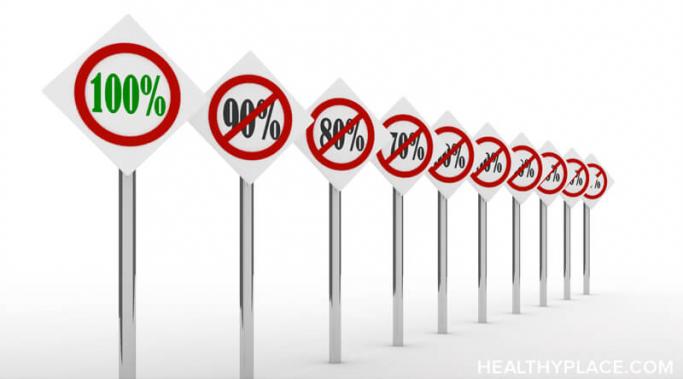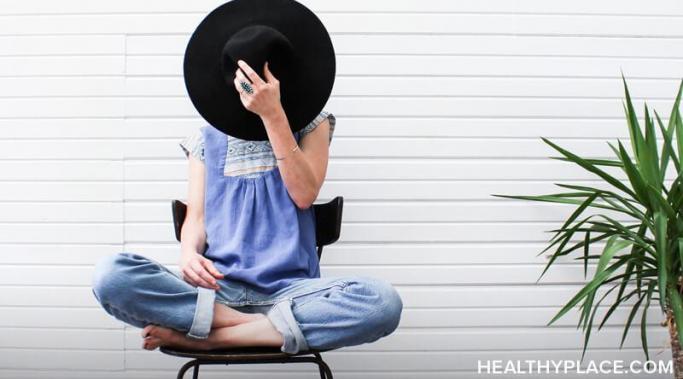Generally speaking, I'm not a very good liar, but I am excellent at lying to myself. I count myself amongst the majority in this department. Most people value honesty and seek to use it in their relations with others, but when it comes to themselves, they may be so adept at deception that they don't even know they're doing it. But self-honesty and not lying to yourself matters.
Personal Fulfillment
One of the best pieces of advice I've ever received was to stop trusting my emotions, which means, don't trust my gut. I had gone to see an acupuncturist with a strained back and an abundance of curiosity. He palpated my ovaries, eyelids, and the like for a half minute before diagnosing my issue as one of emotional over-indulgence. He stuck a couple of dozen needles in me, left me alone for 20 minutes, and returned with his treatment plan. "You shouldn't trust your gut so much," he suggested and sent me on my way.
Do you have any negative beliefs (those which usually deliver an unwanted outcome)? Have you ever thought about why you believe some things and not others? Did you learn them at school, or are they the result of your experiences? Do your thoughts and ideas create positive or negative outcomes? It's worth taking the time to look at your beliefs, as they make up a fundamental part of your ability to experience happiness and have a powerful influence over your life, and replacing negative beliefs can be beneficial.
I hate the phrase, "live your truth." I really do. Besides being tragically cliched, relegated to Instagram captions and gift shop t-shirts as it is, "live your truth" is generally marketed as a philosophy that will always yield a good outcome: live your truth, and you'll be radiant, prosperous, and probably really great at yoga. Live your truth, and achieve perfect bliss. Rarely have I heard a person or a piece of content urge me to live my truth and insinuate anything but a wonderful result.
I remember visiting my therapist when I was learning to cope with obsessive-compulsive disorder (OCD), and one of the things he said was, "Mr. Brocklebank, you have set yourself a very high bar." Of course, I knew this already. I have been painstaking and particular about everything I do for as long as I can remember—what some might call a perfectionist. But is perfection something you should try to achieve, or can you be happier without it? As a perfectionist, can you ever meet the uncompromising standards you set for yourself? Should perfectionism ever be a goal?
Taking risks has a bad reputation. We advise people against decisions that seem "risky," warn children away from capers that might result in injury, and, as a general rule of thumb, seek certainty at all costs. On the surface, this ethos makes perfect sense. Why take risks when the odds are against you? After all, that's what risk is: a poor probability or an unlikely shot.
Opposite action is a skill I learned as a patient in dialectical behavior therapy (DBT) some three years back. I had begun DBT—a form of therapy that attempts to teach skills that can help counteract a particular behavior—for emotional volatility, and one of the very first skills that I learned was opposite action.
I believe that January offers the stillness necessary for revivification, and because of this, I've gotten into the habit the past couple of years of using the month as a true reset. I am especially thrilled about this opportunity this year. I ended 2022 not with a bang nor a fizzle but with a nagging cold, a shoulder injury, and a sub-par attitude. I'd like to share with you today my intentions around the new year to amend these physical and psychic wrongs.
I know how important authentic feelings are to recognize. I'm feeling a little blue. Sorrier words have never inaugurated a blog post, I'm sure, but I'm not here to impress you, I'm here to be authentic, to share authentic feelings. What's authentic right now is that it's just one of those days.
This isn't one of those stock Thanksgiving blogicles where I waste 500 words tossing around washed-up phrases about how "gratitude is an attitude." It's much worse than that. I'm going to try to challenge your notion of gratitude altogether. I said early on in my HealthyPlace journey that I wasn't going to try to convince anyone of anything, but we all knew I was lying. So let me be explicit about this: I want you to leave this post believing that gratitude isn't just for the things in your life that are working. I want you to walk away feeling grateful for the challenges in your life that aren't.









